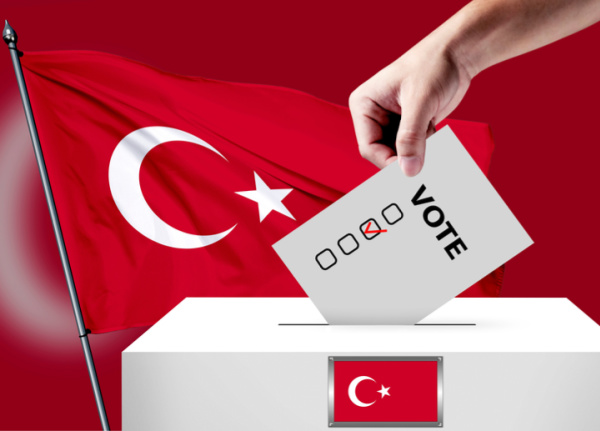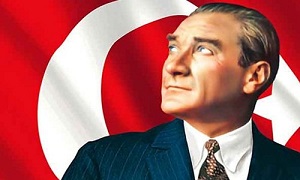The İmamoğlu sentence: Will Istanbul Share the Fate of Diyarbakır?
By Halil Karaveli
January 12, 2022
The political destruction of Istanbul mayor Ekrem İmamoğlu is ultimately meant to demonstrate that the alliance, supported by the Kurdish political movement, which carried him to victory in 2019, is not going to be allowed to repeat its success at the national level. In theory, the removal of İmamoğlu from office will enable the mainstream opposition to turn the presidential election into a referendum about popular sovereignty. However, to succeed it would have to convince voters in Diyarbakır, Mardin and Van that it is as sensitive about their sovereignty as it is about that of the electorate in Istanbul. This is unlikely as the right-wing nationalist Good party of the main opposition alliance resists democratic openings to the Kurds. The division between rigid statist-nationalism and popular democracy runs through the ruling alliance of the AKP and the MHP as well. To tip the balance in favor of popular democracy, Turkey needs a rearrangement of political alliances.

Is the Kemalist Project to Blame for Turkey’s Failed Democracy?
By Toni Alaranta
February 17, 2017
It has become a commonplace to argue that Kemalism was a Turkish variant of right-wing nationalism with strong corporatist leanings and even fascist aspects. This is often compounded with the assertion that the Kemalist secularist state elite only sought to secure its own power and status in society, and that it only paid lip-service to Enlightenment ideals. It is pertinent to ask why the Kemalists would have embarked on a hugely unpopular project of culture revolution that threatened their hold on power by provoking a popular reaction, if they only sought to establish a right-wing dictatorship. The right-wing authoritarianism from which Turkey has suffered during most of its history has other sources.

Can “Constitutional Engineering” Once Again Succeed in Pacifying Turkey?
By Halil Karaveli
February 3, 2017
Historically in Turkey, there is a relationship between the rise of emancipation movements and “constitutional engineering”, between class- or ethnic-based challenges to the established order and the imposition of authoritarian constitutional arrangements in response. The authoritarian constitution of 1982 was the answer to the challenge of workers and peasants in the 1960s and 1970s. Today, a presidential system is supposed to neutralize the Kurdish challenge. However, it may be that Turkey’s ethnic fissure may prevent it from developing either democracy or stable authoritarian rule.
Myths and Mysteries: Six months on from Turkey’s Curious Coup
By Gareth H. Jenkins
January 26, 2017
Six months after the failed coup of July 15, 2016, many questions still remain unanswered. Disturbingly, most can no longer be asked. Amid the purges, imprisonments and oppression, Turkey has become a country that is devouring itself.
Turkey is Expecting a Restart with the U.S.
By Halil Karaveli
January 23, 2017
The Kurdish question has, once again, complicated Turkish-American relations. The rhetoric of anti-Americanism remains useful to whip up and mobilize nationalist opinion. Yet, Erdoğan’s Islamists are not any aspiring anti-imperialists. What they want – and what they expect that Turkey is now going to get – is simply a better “business deal” with the United States under Donald Trump.







